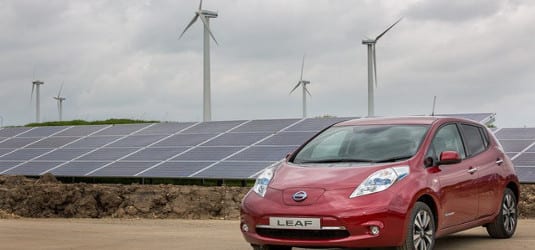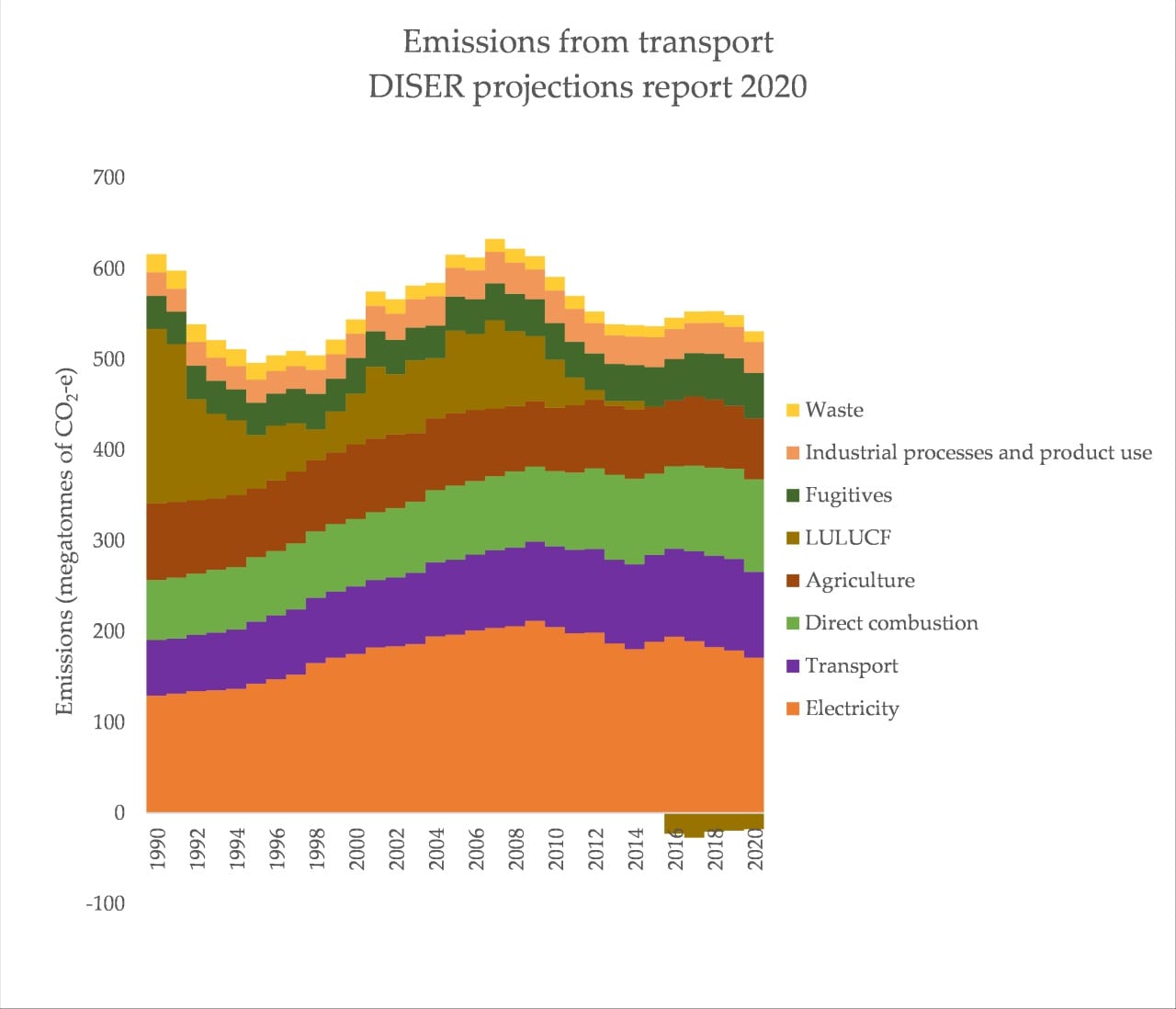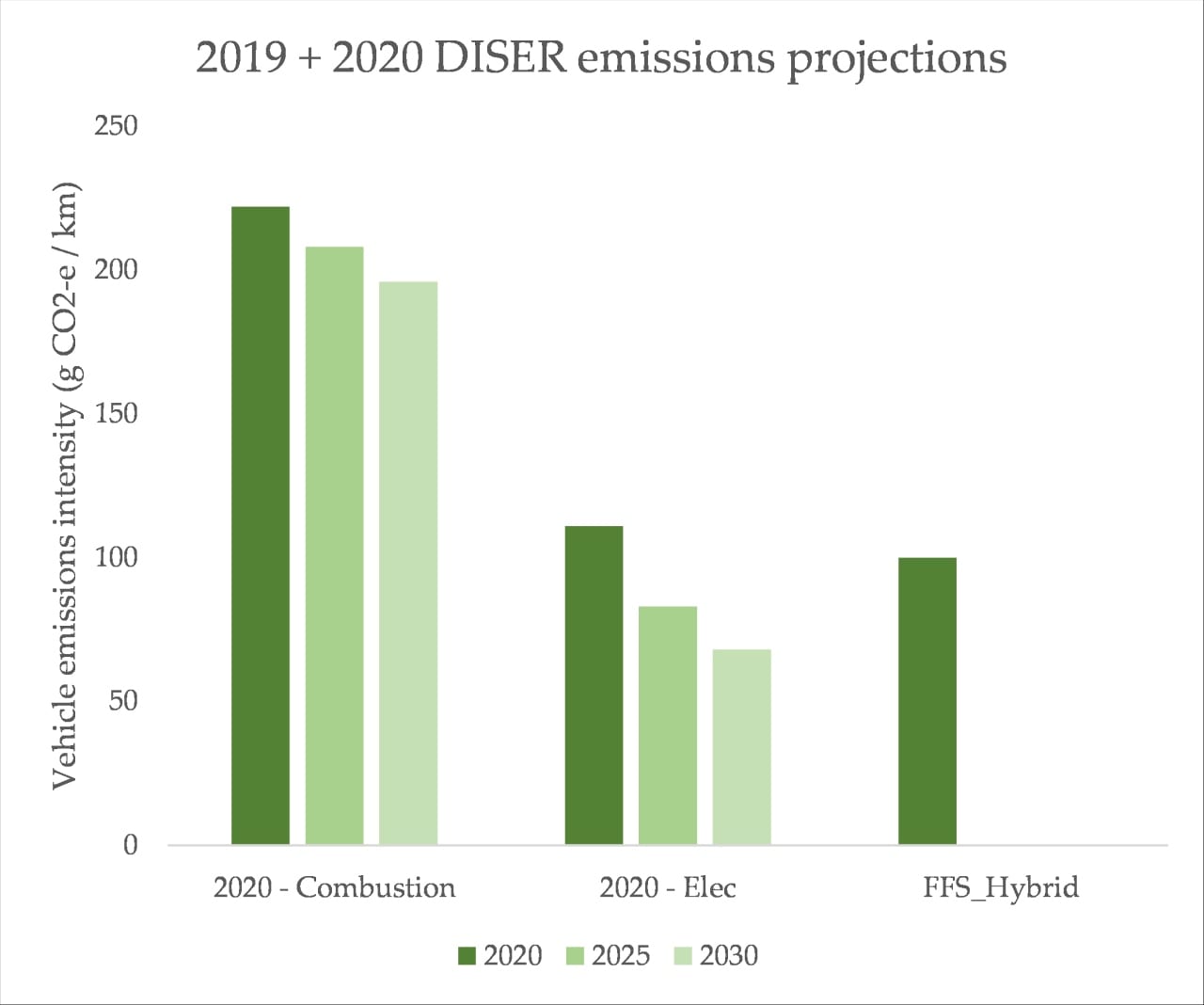It didn’t get quite as much attention across mainstream Australia media as might have been expected, but Angus Taylor’s transport plan, for which a discussion paper was launched last Friday, is actually a really, really big moment in Australia’s climate and energy policy history.
There are a few simple reasons for this. Transport is Australia’s second biggest sector, in terms of emissions. Of that sector, road vehicles make up the biggest chunk. And of all Australia’s potential climate action, swapping combustion engines for motors holds among the greatest potential for deep cuts, alongside swapping fossil generation for zero emissions alternatives.
It is a moment of intense frustration, then, that the significance of a ‘do-nothing’ plan on a sector in which as much as possible must be done as soon as possible was mostly lost, while Australia’s PM shifting language on net zero by 2050 from “as soon as possible” to “preferably by 2050” was heralded as a major policy announcement. In terms of raw impact on Australia’s emissions, choosing not to intervene in a system of massive climate harm today – right now – is of very serious consequence for Australia.
Only a few days past release, and we are still discovering new ways in which the justifications for total inaction on Australia’s transport emissions problem were shaped using misleading and deceptive analysis.
My own analysis found that the claim that hybrid cars were “better” for emissions than electric was based off some very suspicious assumptions and ignored the fact that grid emissions are set to drop. The document argues the cost of abating emissions using EVs is far higher than for hybrids and higher than using the government’s carbon offset policy; but this is a pitch-perfect re-hash of the arguments Energy Minister Angus Taylor used in the 2010s to attack renewables. It makes no sense in either context; the core goal is to bring abatement costs down using government intervention.
Alongside that, RenewEconomy editor Giles Parkinson crunched the numbers on those claims of abatement costs. Putting aside the broken logic, even the numbers themselves make no sense. Part of the trick lies in comparing two non-equivalent types of vehicles; resulting in an inflated “abatement cost” for electric vehicles. It’s not the whole story, but it shows how a misleading picture has been formed using small analytics ‘tweaks’ in the process.
And RenewEconomy’s sister site The Driven also reports that University of Queensland researcher Jake Whitehead discovered last year that the data used to estimate emissions for fossil cars specifically excludes the emissions associated with the production and transport of fossil fuels outside of Australia. Again, this tips the scales in favour of fossil cars and hybrids, and away from zero-emissions alternatives. “The continuing lack of national leadership means the country is missing out on many economic benefits the electric vehicle revolution can bring”, wrote Dr Whitehead and colleagues.
And RenewEconomy contributor and energy expert Simon Holmes à Court writes in The Guardian that “It’s typical of Taylor’s climate policy-wrecking career that by the time the strategy had bounced between his department and his political office over two years, it was finally released as merely a discussion paper, the Future Fuels Strategy, with the very appropriate acronym FFS.”
In fact, since first reading the original FFS, I’ve noticed an interesting curiosity within Australia’s government emissions projections. These documents include estimations of the benefits of switching to electric vehicles – including a direct comparison of the emissions of combustion engine cars compared to vehicles charged using Australia’s grid electricity:
The results are very clear. Taylor’s own government department report confirms that EVs are lower emissions that ICE cars immediately, and that they’ll be lower emissions than hybrid cars (listed at 100 grams of CO2-e per kilometre in the FFS).
It isn’t easy to take an economic and popular climate strategy and try to make it look bad. We’re discovering just how far Australia’s government had to go to do just that.













